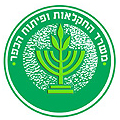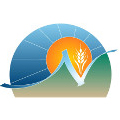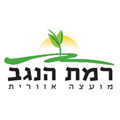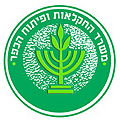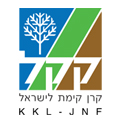The ectendomycorrhizal fungus Terfezia boudieri is known to secrete auxin. While some of the effects of fungal auxin on the plant root system have been described, a comprehensive understanding is still lacking. A dual culture system to study pre mycorrhizal signal exchange revealed previously unrecognized root-fungus interaction mediated by the fungal auxin. The secreted fungal auxin induced negative taproot gravitropism, attenuated taproot growth rate, and inhibited initial host development. Auxin also induced expression of Arabidopsis carriers AUX1 and PIN1, both of which are involved in the gravitropic response. Exogenous application of auxin led to a root phenotype, which fully mimicked that induced by ectomycorrhizal fungi. Cocultivation of Arabidopsis auxin receptor mutants tir1-1, tir1-1 afb2-3, tir1-1 afb1-3 afb2-3, and tir1-1 afb2-3 afb3-4 with Terfezia confirmed that auxin induces the observed root phenotype. The finding that auxin both induces taproot deviation from the gravity axis and coordinates growth rate is new. We propose a model in which the fungal auxin induces horizontal root development, as well as the coordination of growth rates between partners, along with the known auxin effect on lateral root induction that increases the availability of accessible sites for colonization at the soil plane of fungal spore abundance. Thus, the newly observed responses described here of the root to Terfezia contribute to a successful encounter between symbionts.
Keywords: Auxin; Desert truffle; Gravitropism; Helianthemum sessiliflorum; Terfezia boudieri.
2016 May;26(4):287-97. doi: 10.1007/s00572-015-0667-y. Epub 2015 Nov 12. PMID: 26563200.
https://pubmed.ncbi.nlm.nih.gov/26563200/
